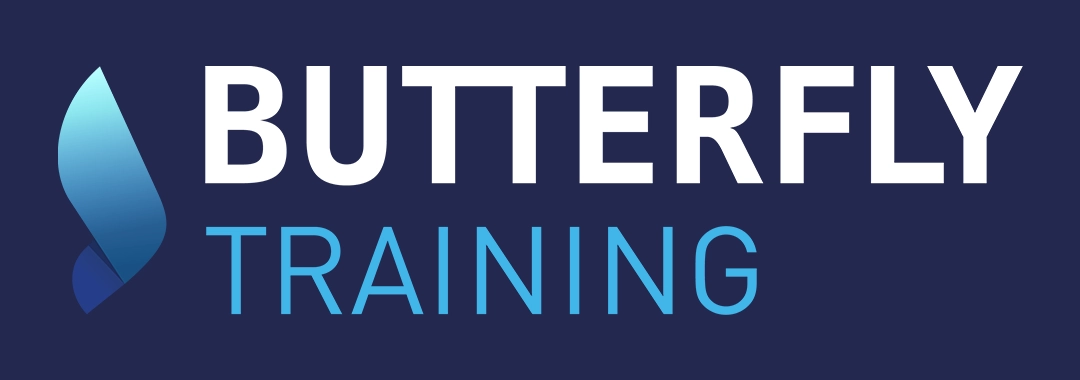Fuel Tank Safety Training (FTS - CDCCL)


Butterfly Training has been awarded Top Innovative and Top Performer CBTA Center by the International Air Transport Association (IATA) for 2023.
Fuel Tank Safety Training
(Level 1 & 2)
Course Code FTS-I-EU-EN
Prerequisites: a good understanding of English.
Target Group : Qualified staff, Quality manager and management staff , involved in the maintenance or continuing airworthiness of fuel systems and aircraft impacted by these regulatory requirements. (as per ED 2009/006/R and ED 2009/007/R)
Course Objective:
Training Language: English
Duration: 3 to 8 hours
Final Test: MCQ
Certification: The trainee receives his/her certificate as soon as he/she has successfully passed the final test.
Validity: 2 years.
Course Objectives
Understand and become familiar with the application of this new regulation introducing the notions of Critical Design Configuration Control Limitations (CDCCL) and Airworthiness Limitation Items (ALI) into airworthiness data. Provide participants with a technical knowledge in terms of Fuel Tank Safety (FTS).
Key Topics
TWA 800 accident investigation report • History of aircraft flammability reduction programme • Implemented industrial solutions • Analysis of work documents • Notions of Critical Design Configuration Control Limitations (CDCCL) and associated requirements • Airworthiness Limitation Items (ALI) of the fuel system • Production requirements: CS 25 and FAA 14 CFR 25 • Development of Part M and Part 145 AMC • Operational rules related to Fuel Tank Safety • Maintenance rules related to Fuel Tank Safety • Fuel tank inerting systems • Final assessment
Teaching resources :
- Training material available online
- Exercises and self-assessment MCQs available on the site
- Asynchronous remote tutoring is available by e-mail in the event of particular learning difficulties, using the “Contact us” form.
Talk to a Fuel Tank Safety Training Expert
To find out more :
Operational Rules Related to Fuel Tank Safety
Fuel tank safety is a critical aspect of aircraft operations. Both EASA and FAA have regulations and guidance related to fuel tank design, inspection, and maintenance.
- EASA Fuel Tank Safety Guidance: https://www.easa.europa.eu/sites/default/files/dfu/ws_prod-g-doc-Agency_Mesures-Agency_Decisions-2007-R-2007-002-R-Fuel-Tank-Safety-Part-145.pdf
- FAA Fuel Tank Safety Guidance: https://www.faa.gov/documentLibrary/media/Advisory_Circular/AC%2025_981-1.pdf
Note: These are general references. Specific requirements may vary depending on the type of aircraft, its age, and other factors. It’s always recommended to consult the most recent versions of these regulations and guidance documents.
